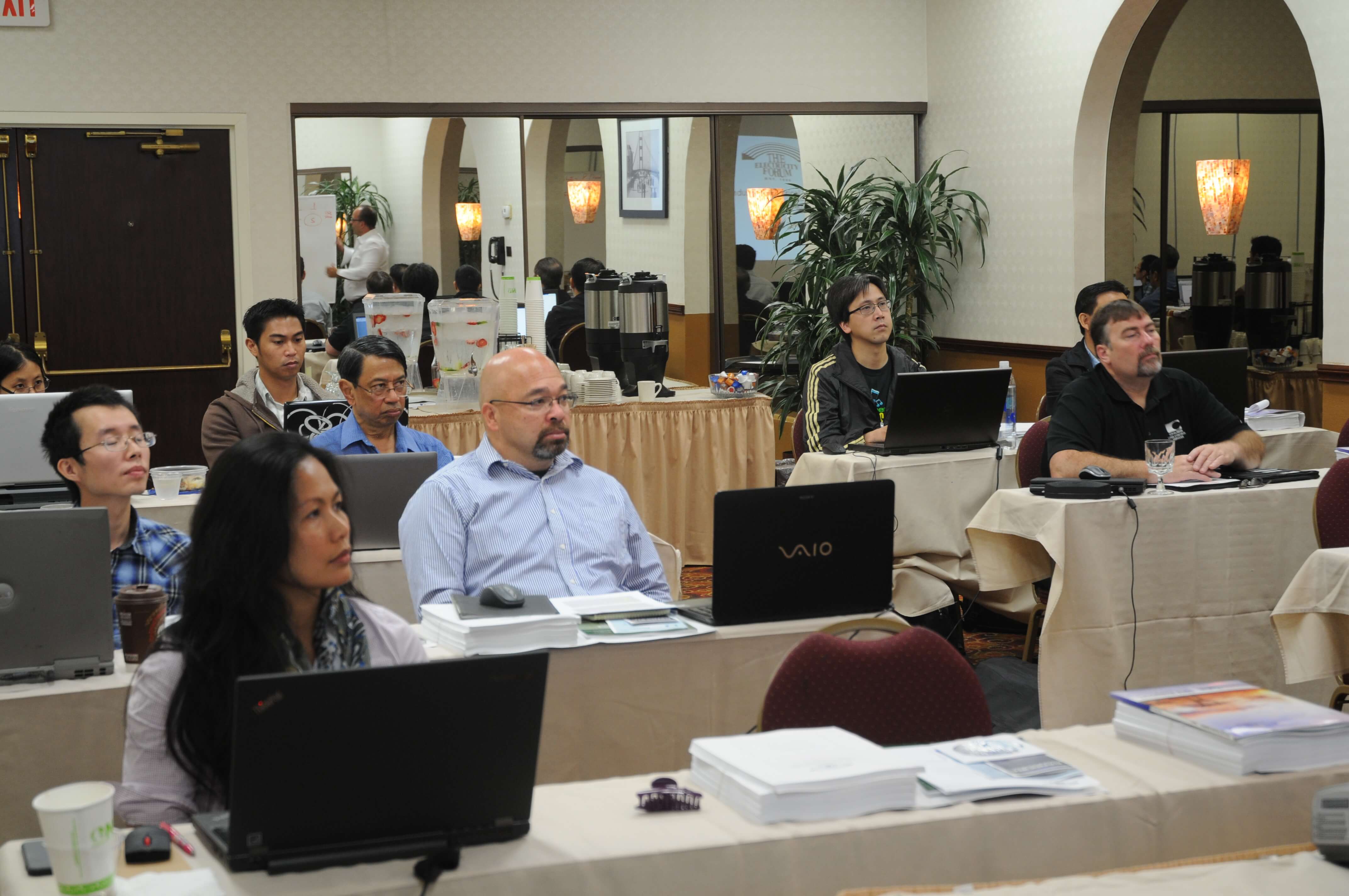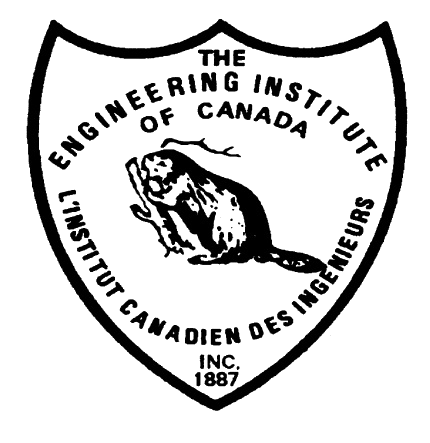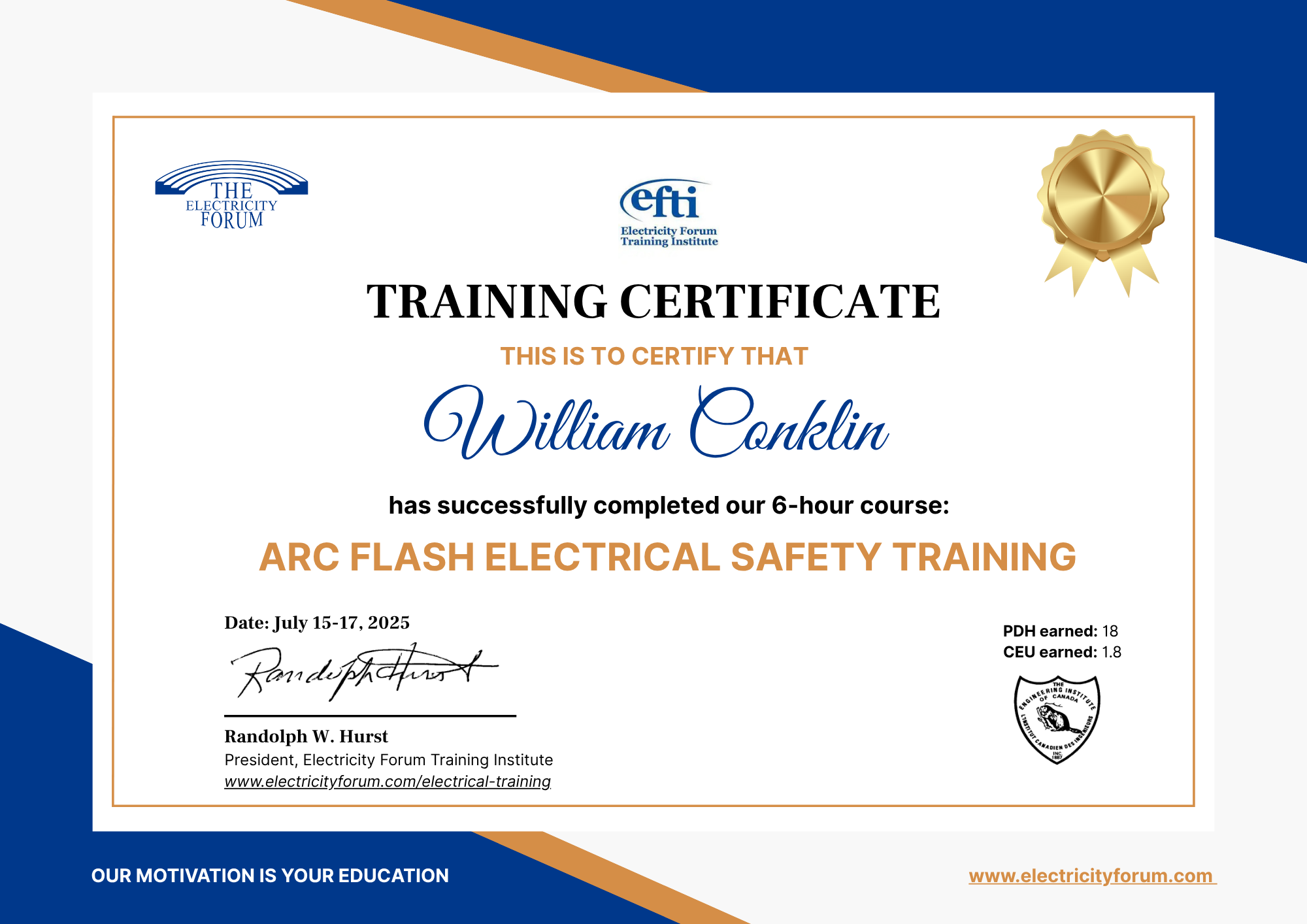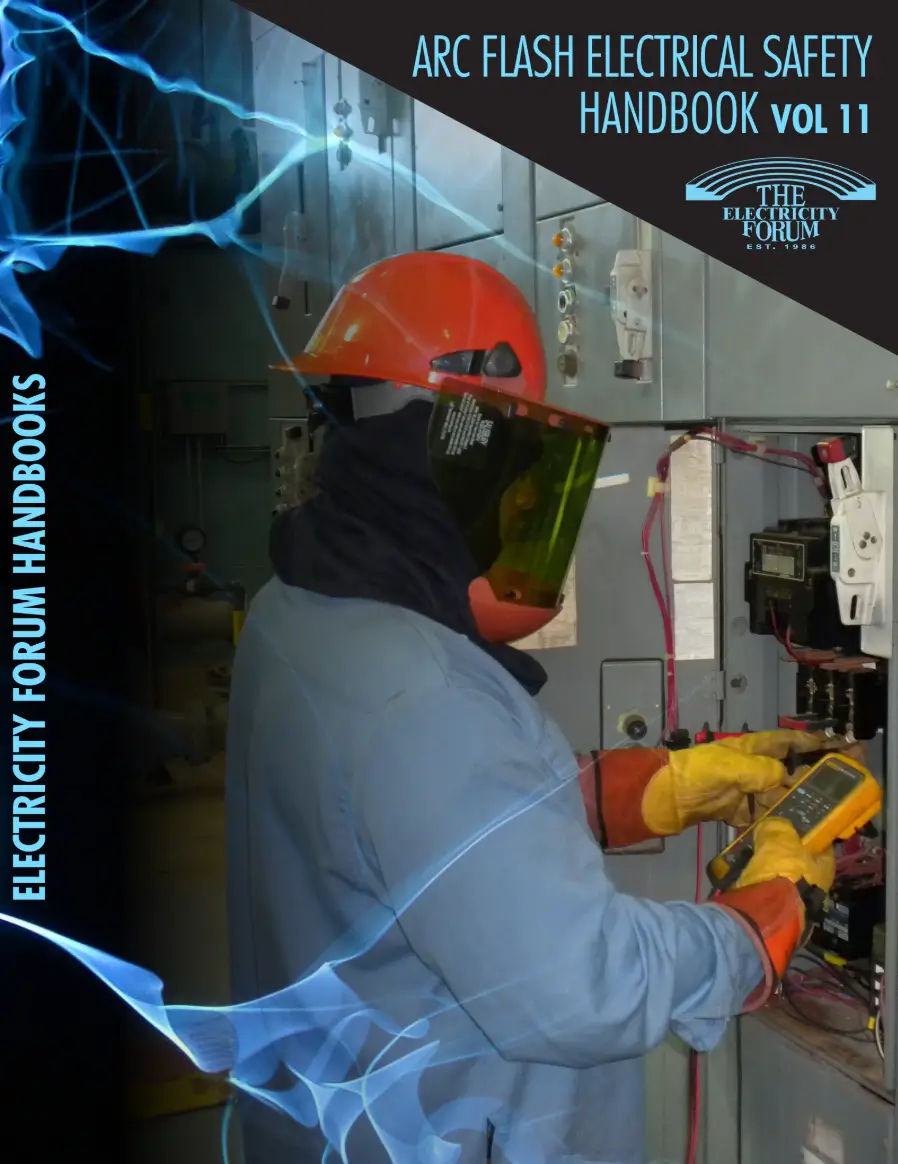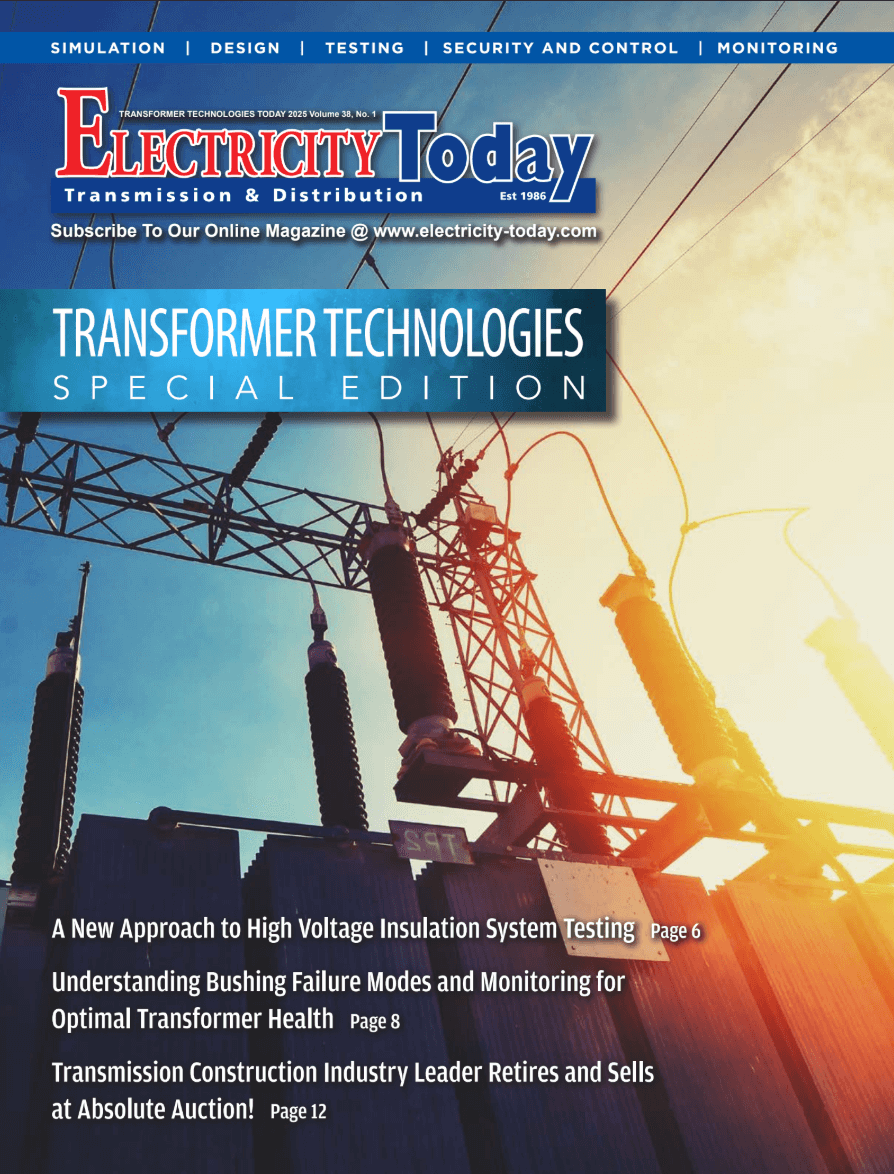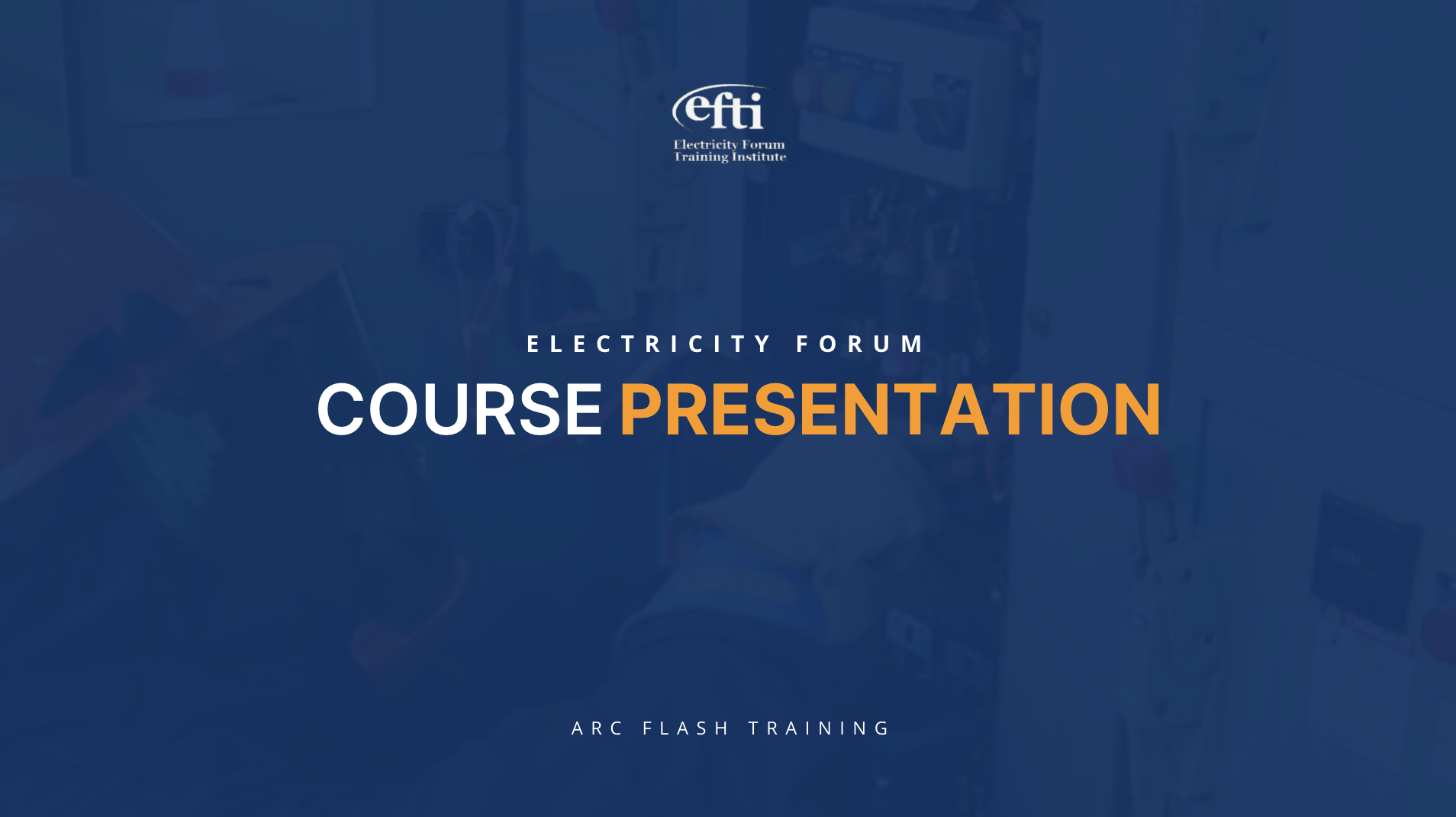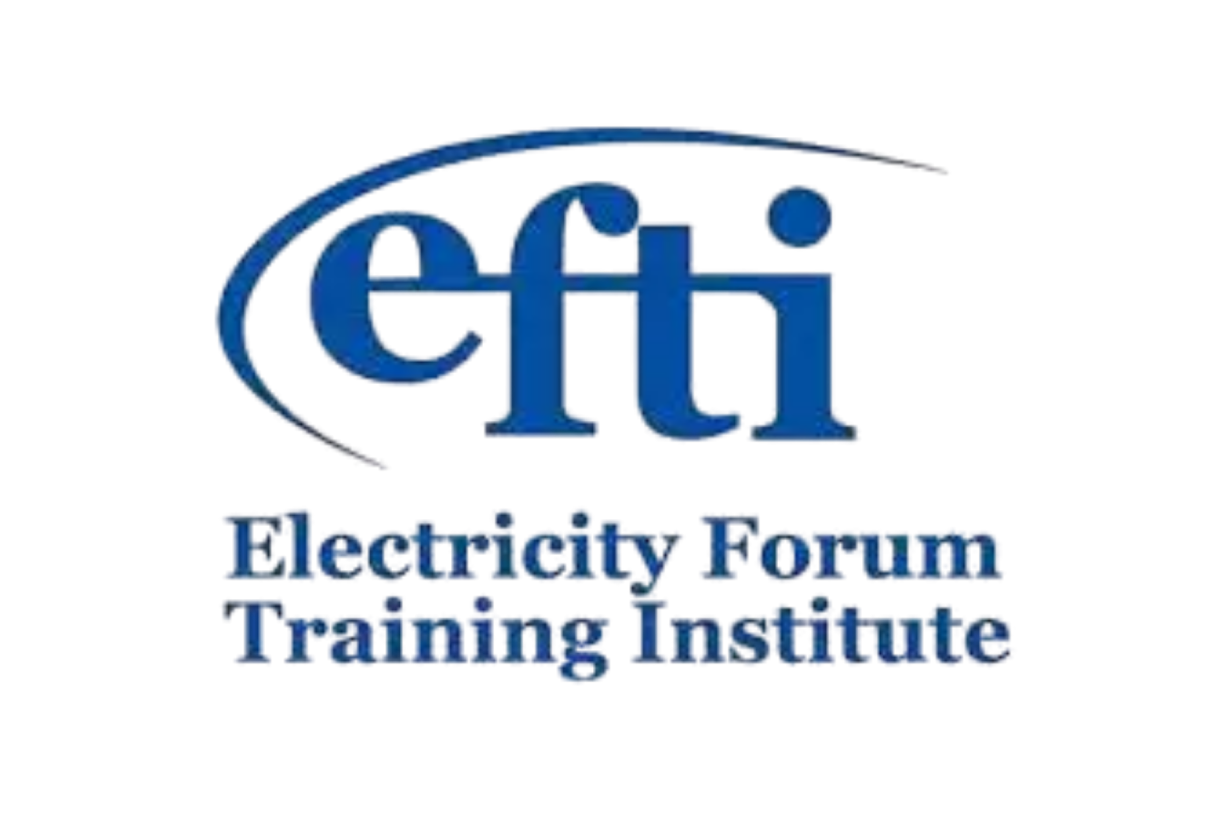Our 36-hour Renewable Energy Systems Training is actually three separate courses: Solar PV System Design, Wind Power Systems Engineering, and Renewable Energy Grid Integration. The three courses together are designed to help both junior and experienced electrical engineers understand electrical power systems as they apply to industrial, commercial and institutional buildings and facilities. NOTE: Course Includes FULL Demo Power System Analysis Software License.
Renewable Energy Systems Training Course - Our 6 day (36 hours) live online instructor-led course is actually a series of three courses:
1. Solar PV System Design
2. Wind Power Systems Engineering
3. Renewable Energy Grid Integration
Embark on a transformative journey into the world of renewable energy with our comprehensive 36-Hour (6 Day) training course, encompassing three meticulously crafted courses. This live online instructor-led course is an exceptional opportunity for energy professionals seeking to delve into the rapidly evolving sector of renewable energy.
The first course, Solar PV System Design, delves into the intricacies of photovoltaic technology. Participants will gain a robust understanding of solar panel design, installation techniques, and system optimization. This course is particularly beneficial for PV system owners, PV system technicians, electrical project designers, consulting electrical engineers, industrial, commercial, institutional electrical engineers, electrical project managers, and installation and operating engineers who require knowledge of solar PV systems.
Following this, the Wind Power Systems Engineering course, focuses on the technical aspects of wind energy. This course offers a deep dive into wind turbine technology, site assessment, and the integration of wind power into existing energy systems. It's ideal for electrical engineering professionals in the renewable energy sector, environmental scientists, and policy makers who are keen on harnessing wind energy for sustainable development.
The final course, Renewable Energy Grid Integration, explores the challenges and strategies related to integrating renewable energy sources into the existing power grid. Participants will learn about grid stability, energy storage solutions, and regulatory frameworks. This course is especially relevant forElectric Utility Planning Engineers, Electrical Engineers, Grid Integration Specialists, Energy Policy Makers, Renewable Energy Consultants, Microgrid Developers, Energy Storage Solution Providers, Regulatory Professionals, Utility Managers and Operators, Research and Academic Professionals, Project Developers in Renewable Energy, and Smart Grid Technology Providers.
Three Courses In One
Taking these courses together offers a holistic view of the renewable energy landscape. Participants will emerge with a comprehensive understanding of the key renewable energy technologies and their practical applications. They will also gain insight into the latest trends, challenges, and opportunities in the renewable energy sector.
This package is tailored for a broad audience, including professionals looking to pivot or advance in the renewable energy sector, entrepreneurs exploring sustainable business models, and educators or students seeking to enrich their understanding of renewable technologies. Additionally, it's an invaluable resource for government officials and policy makers tasked with shaping the future of energy in their jurisdictions.
Our 36-hour (6 Days) Renewable Energy Systems Training course package of three courses offers a rare amalgamation of technical knowledge, practical skills, and strategic insights, making them an indispensable asset for anyone serious about contributing to the renewable energy revolution.
Course #1. Solar PV System Design
www.electricityforum.com/electrical-training/solar-pv-design-training
Solar PV System Design Training - Our 12-Hour (2-Day) live online, instructor-led workshop introduces students to the National Electrical Code (NEC 2023) and CE Code (2024) photovoltaic system standards as well as other international standards that pertain to the safe and efficient design of grid-direct Solar PV Systems. This course foruses primarily on both residential and commercial-scale systems. However, the NEC and CE Code requirements for Solar PV Systems, including most design parameters and best practices are applicable to all types and sizes of Solar PV installations, including large utility-scale projects.
This Solar PV System Design Training course will examine the following requirements for disconnects:
- Overcurrent protection
- Proper wire sizing
- Grid interconnection requirements and calculations
- Grounding, ground-faults, and surge protection
- Calculations and examples for system sizing, inverter selection, and electrical configuration
- Ground and roof mount details
- Labeling and data acquisition systems
The objectives of this 3-day Solar PV System Design course are to:
- Provide an introduction to Solar energy
- Describe various PV systems and their components
- Explain operation of modules and electrical characteristics
- Go through a site assessment including shade analysis
- Explain the theory of both grid-connected and off-grid systems
- Size and design few grid-connected PV systems
- Size and design few off-grid PV systems
- Utilize the Canadian Electrical Code to design systems safely
- Design and install a 1.5kW string inverter system
- Design and install a 1.5kW micro inverter system
You will learn in details about:
- PV Electrical Design Basics
- PV Module Fundamentals
- PV System Sizing Principles
- PV System Electrical Design
- You will learn how to design solar power systems and reduce or eliminate energy bills.
Course #2. Wind Power Systems Engineering
www.electricityforum.com/electrical-training/wind-power-engineering
Wind-based electrical generation is the fastest growing renewable energy technology at present and is becoming a significant portion of the energy mix. This 12-hour (2-day) course gives an overview of wind power system technologies.
As the world pivots towards sustainable energy solutions, wind energy has emerged as a leading and rapidly-growing renewable technology. This intensive 12-hour course delves deep into the world of wind energy engineering, offering participants a comprehensive understanding of wind farm development, from initial site selection to integration into the electric grid. The course combines a mixture of technical and practical components, enabling students to gain insight into the intricacies of wind turbine systems, both onshore and offshore, and to explore the prospective challenges and opportunities within the wind energy sector.
Learning Outcomes:
- Grasp fundamental concepts of wind engineering and turbine technology.
- Dive deep into the mechanical and electrical components that make up wind turbines.
- Investigate the distinctions, challenges, and advantages of both onshore and offshore wind technologies.
- Acquaint oneself with prevalent electrical and mechanical challenges in wind turbine design and their subsequent solutions.
Who should attend
- Renewable energy professionals looking to broaden their expertise.
- Electrical and mechanical engineers interested in wind power system engineering.
- Utility professionals keen on understanding wind power grid integration.
- Energy consultants and analysts wanting to understand wind power projections and metrics.
- Environmental professionals and advocates exploring sustainable energy solutions.
- Policy-makers and urban planners considering wind power in regional planning.
- Students and researchers in wind power-related fields.
Course #3. Renewable Energy Grid Integration
www.electricityforum.com/electrical-training/renewable-energy-grid-integration-training
This intensive 12-Hour (2 day) course offers participants a deep dive into the transformation from traditional power structures to modern, smart grids that are rapidly incorporating renewable energy sources.
Day 1 starts with an exploration of how electric grids have evolved over the years, highlighting the mounting significance of renewables. It then transitions into a detailed analysis of intermittent renewable resources, such as solar and wind, discussing their variability and reliability. Participants will gain insight into the critical aspects of grid stability and reliability, emphasizing the necessity for frequency and voltage control, inertia, and ancillary services. The day wraps up by addressing the growing importance of grid storage solutions, from batteries to pumped hydro, and the emergence of demand response and distributed energy resources in grid stability.
On Day 2, the course pivots to the hardware and software technologies enabling smooth grid integration of renewables. Participants will familiarize themselves with advanced inverters, FACTS, PMUs, and the indispensable software technologies guiding grid management. A special segment is dedicated to microgrids, presenting their diverse use-cases and their potential in a renewables-heavy grid system. The day also delves into the crucial aspects of policy, regulations, and market mechanisms that shape renewable integration globally. Concluding the course, we cast our gaze forward, identifying future trends and research areas, from electric vehicle grid impacts to AI's role in grid management.
This course is tailored for electric utility planning engineers, electrical engineers, and professionals engaged in integrating renewables into the contemporary smart grid. Engage in captivating sessions, insightful discussions, and a holistic learning experience.
LEARNING OUTCOMES
- Understanding of Modern Grid Evolution: Gain a comprehensive understanding of the transformation from traditional power systems to contemporary smart grids, especially with the increasing integration of renewable energy.
- Proficiency in Intermittent Renewables: Achieve a solid grasp of the characteristics, variability, and reliability of intermittent renewable resources like solar and wind, and the challenges they pose to grid integration.
- Insight into Grid Stability and Reliability: Understand key concepts related to maintaining grid frequency, voltage control, the importance of inertia, and the need for ancillary services to ensure grid stability.
- Knowledge of Storage Solutions: Acquire a deep understanding of various energy storage technologies, their roles in the grid, and the economic dynamics governing their implementation.
- Familiarity with Demand Response and DER: Learn about the crucial role of demand response in mitigating intermittency, and gain knowledge about different types of distributed energy resources and their impact on grid stability.
- Proficiency in Grid Integration Technologies: Understand the hardware and software solutions, from advanced inverters to energy management systems, that facilitate the seamless integration of renewables into the grid.
- Comprehensive Knowledge of Microgrids: Gain insights into microgrid operations, their diverse applications, and their importance in supporting grids with a high penetration of renewables.
- Understanding of Policy and Regulatory Landscape: Learn about the policies, regulations, and market mechanisms that influence renewable integration and gain exposure to global best practices.
- Awareness of Future Trends: Gain foresight into the imminent shifts in the energy sector, including the integration of electric vehicles, decentralized energy markets, and the application of AI in grid management.
- Holistic View of Grid-Renewable Dynamics: Develop a well-rounded perspective on how renewables interact with the grid, encompassing technical, economic, policy, and future-oriented aspects.






